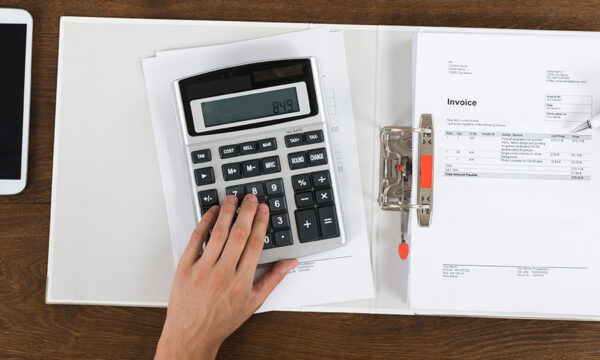To grow your home business and ensure it can remain profitable, a home-business budget is critical. When you know how to make a home-business budget, you can account for financial transactions and make future projections.
Why You Need a Home-business Budget

Source: www.shutterstock.com Author: Rido
A home-business budget gives you the insight you need to make informed decisions and create realistic plans. Knowing what resources you have ensures you can allocate them to projects and goals appropriately, without using more than is available. Similarly, if a job is projected to use more than the available resources, you will know you need to plan for growth.
A reasonable budget enables business owners to identify problems before they happen. Seeing potential cash-flow difficulties–a common scenario—in advance means you can change course proactively. With greater financial insight, you can manage your money and business more effectively.
While a home-business budget may not be as complicated as an enterprise-level system, it can still feel daunting at first. We’re here to help you with a few tips.
Getting Started Creating a Home-business Budget
In creating a home-business budget, especially when a business is new, you may not have much historical information to use for projections. Keeping track of your expenses and income for a period can quickly give you insight, however. Hence, it is an excellent place to start.
To track the expenses and income of your home business, a computer program like Excel is more than adequate, and typically comes with budgeting spreadsheets. You can customize these templates to your needs. Most will automatically complete calculations for you.
This simple, home-business budget should include all of the following categories:
- Fixed expenses: Fixed expenses are your regular, mostly unchanging, monthly costs of doing business. Some amounts you might include here would be your rent, business insurance, salaries if you have employees and utilities.
- Variable expenses: Variable expenses are regular, usual expenses incurred through the period of your budget, but the amounts fluctuate more than fixed costs. Expenses that could fall into this category include advertising, travel and mileage, office supplies, postage and materials.
- Revenue: Track your income each month as it comes in. This will help you project revenue in the future, looking at times when funds coming in have risen or dropped. If you always see a slump in sales at the start of the year, for example, you can start relying on that happening. You can use this observation to make informed decisions regarding your expenses and plans.



